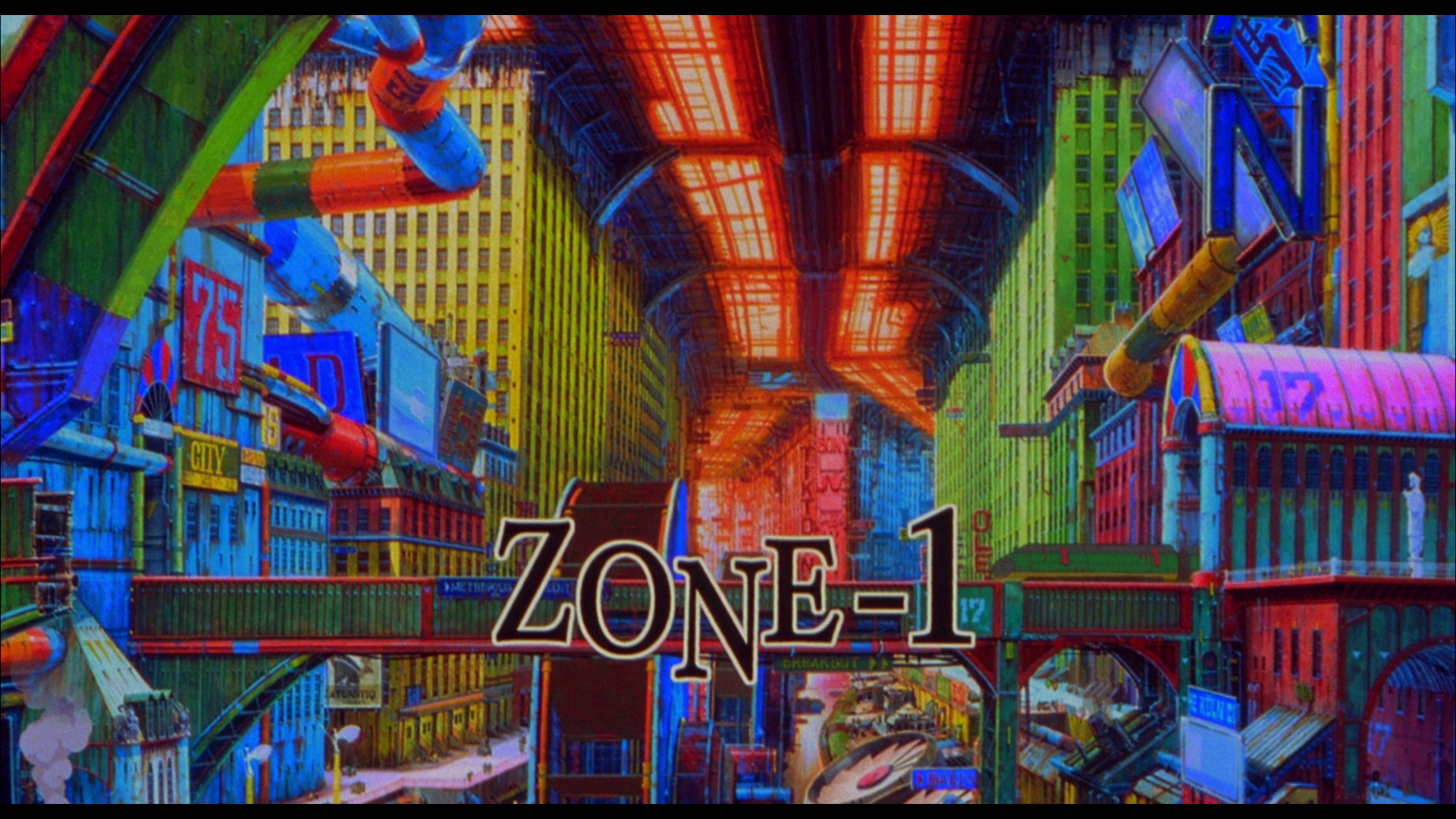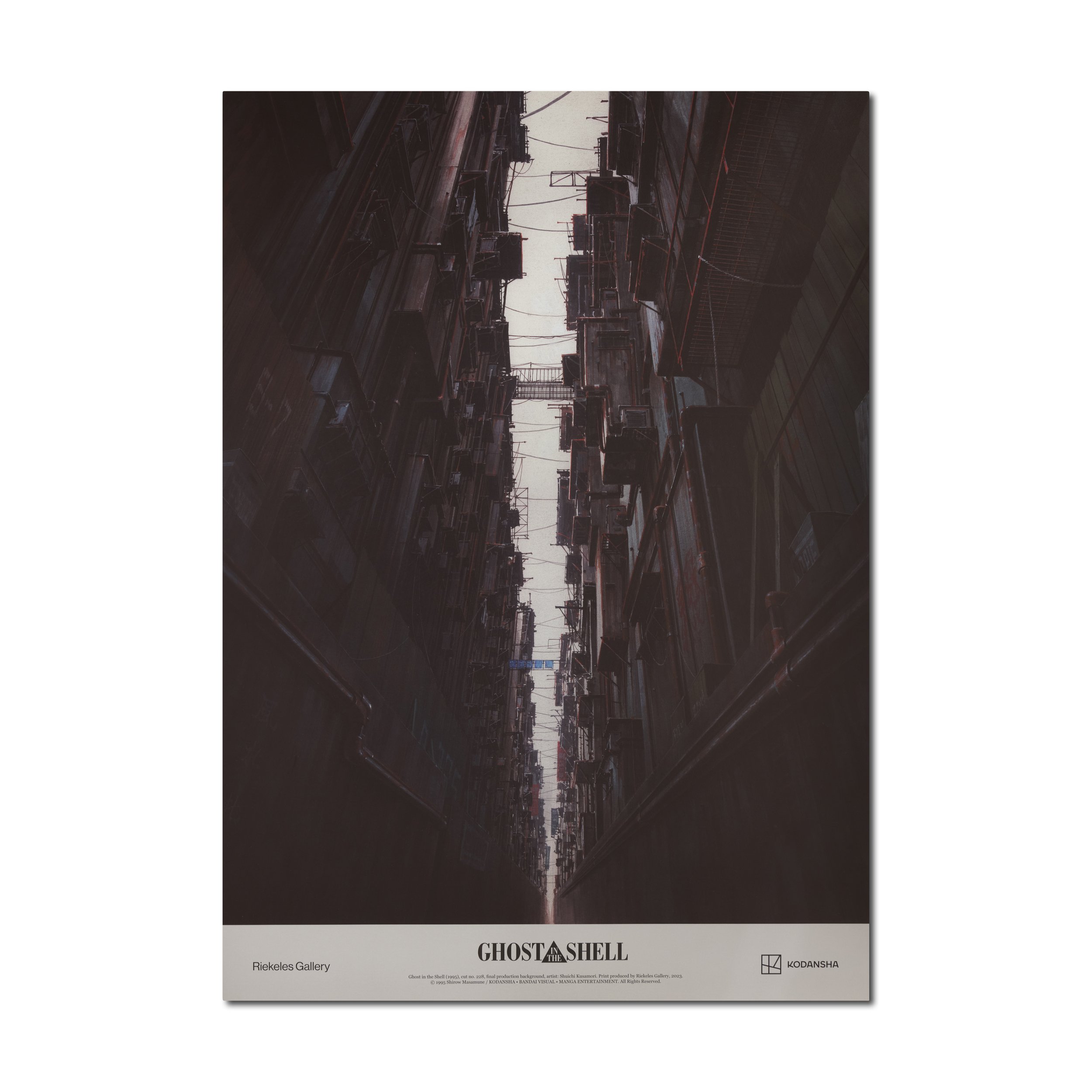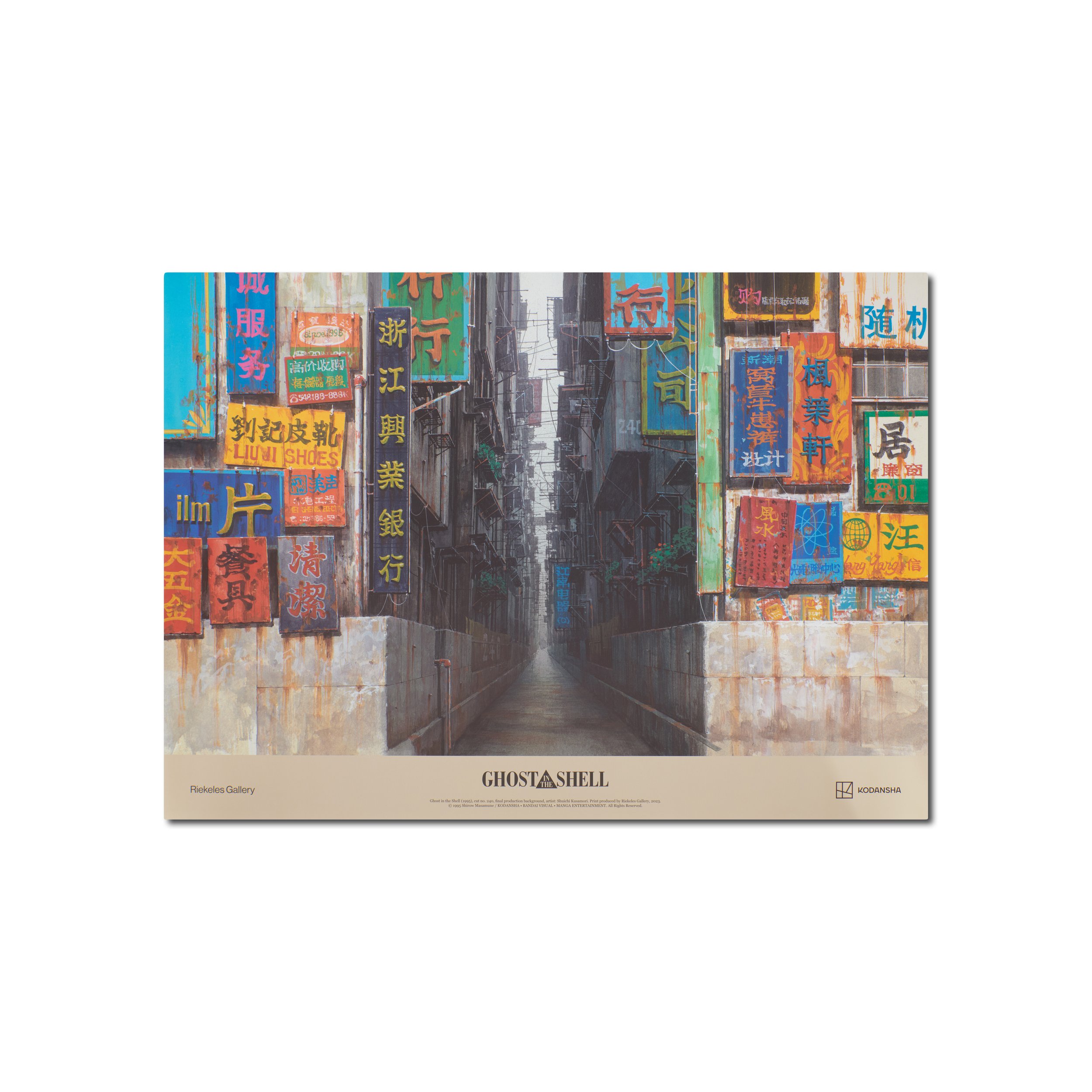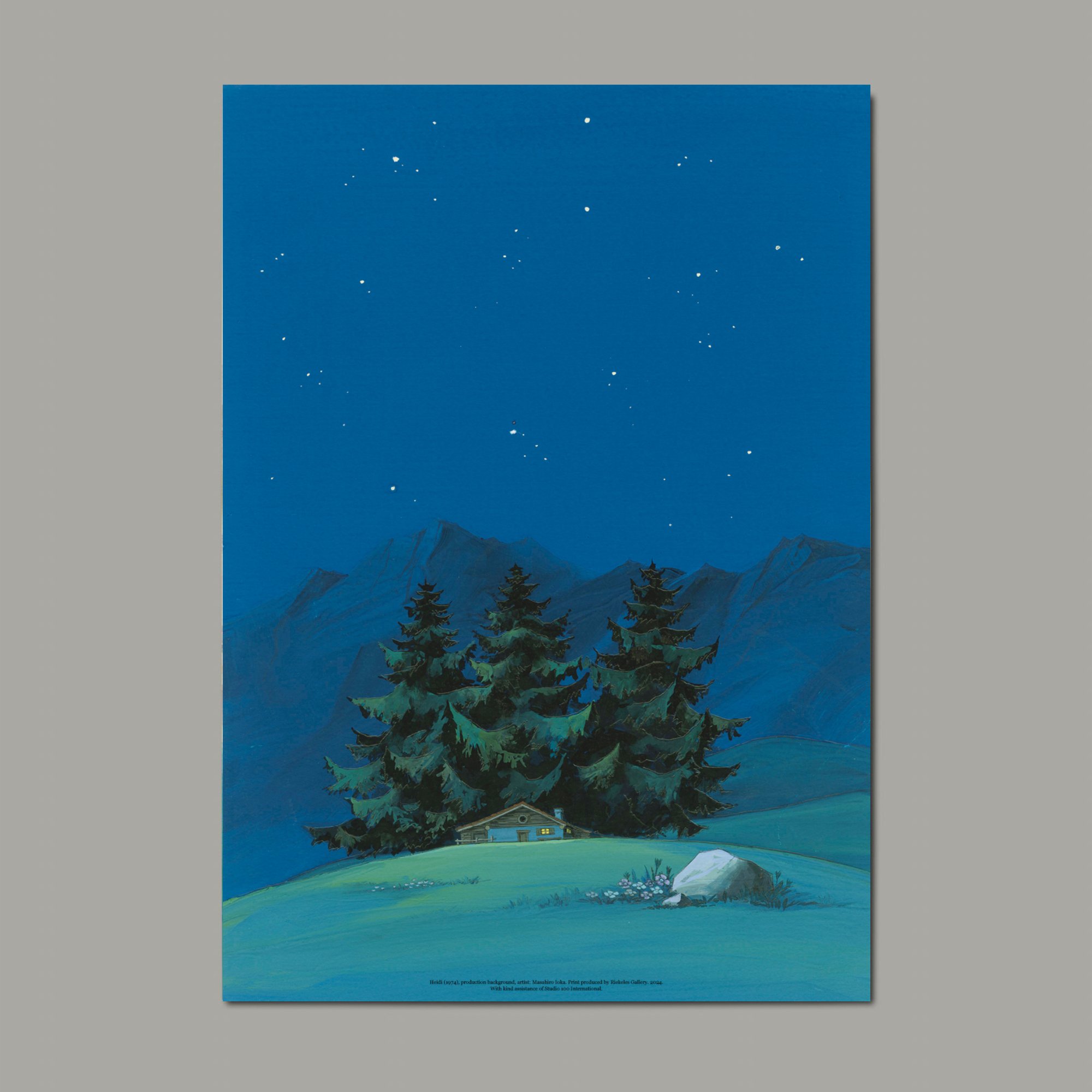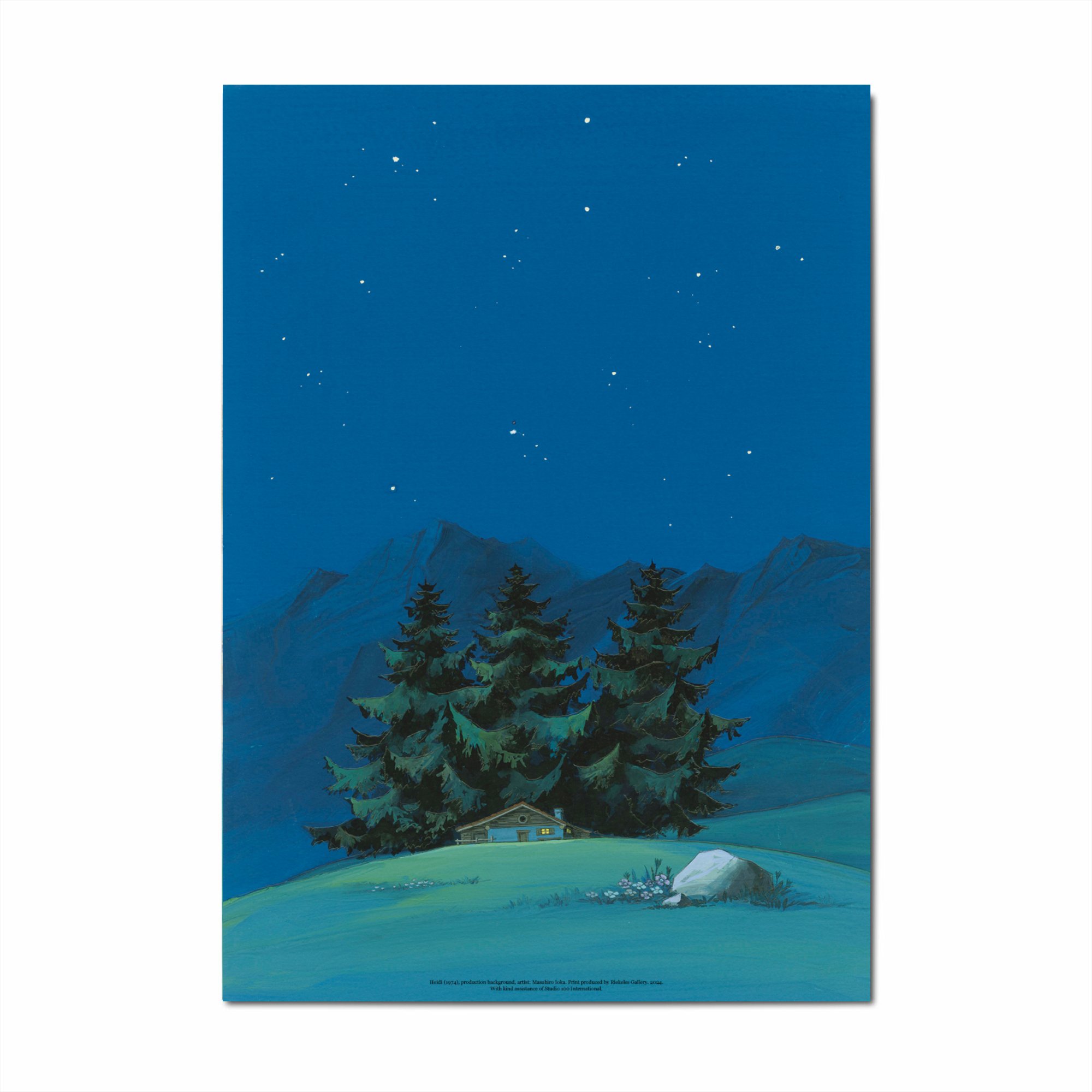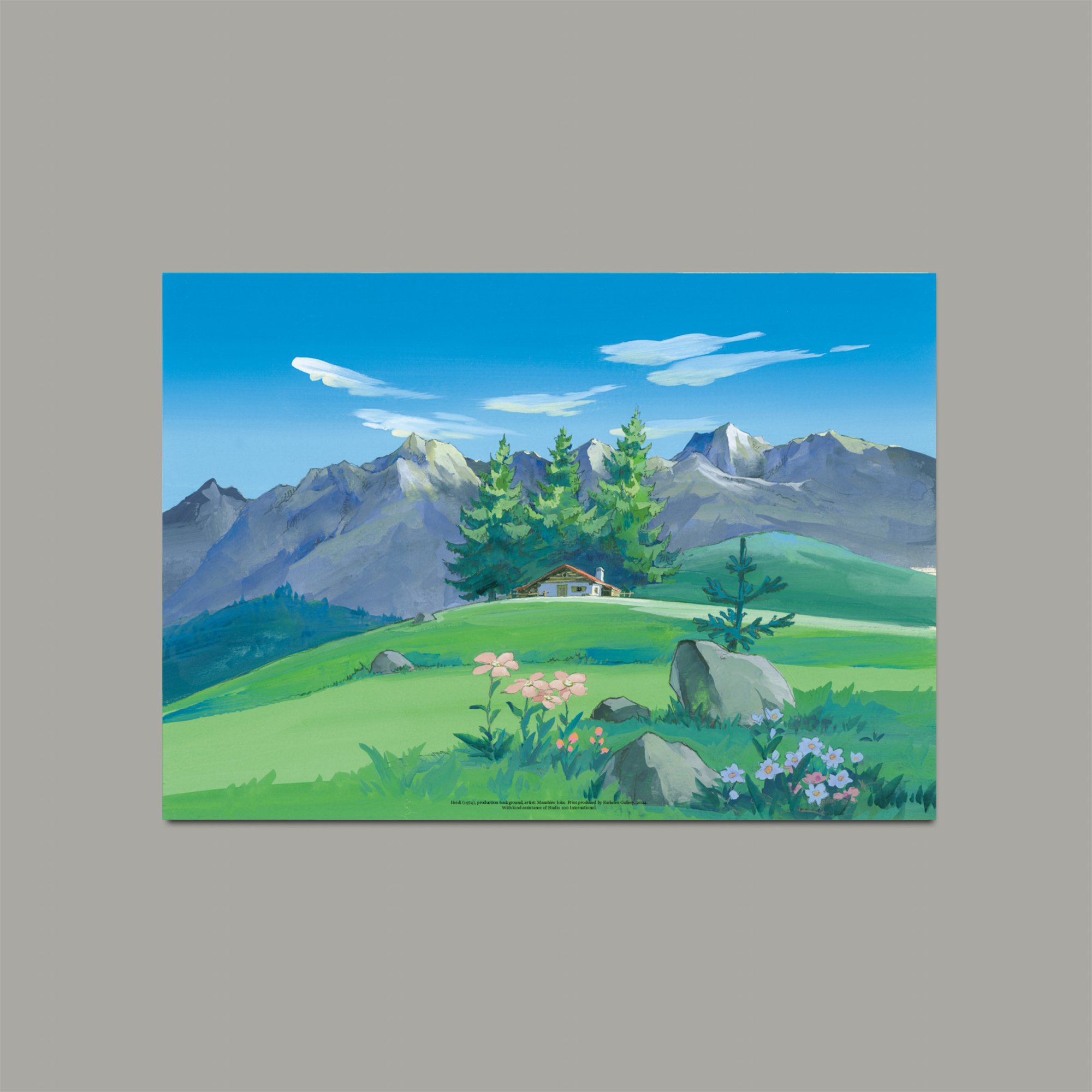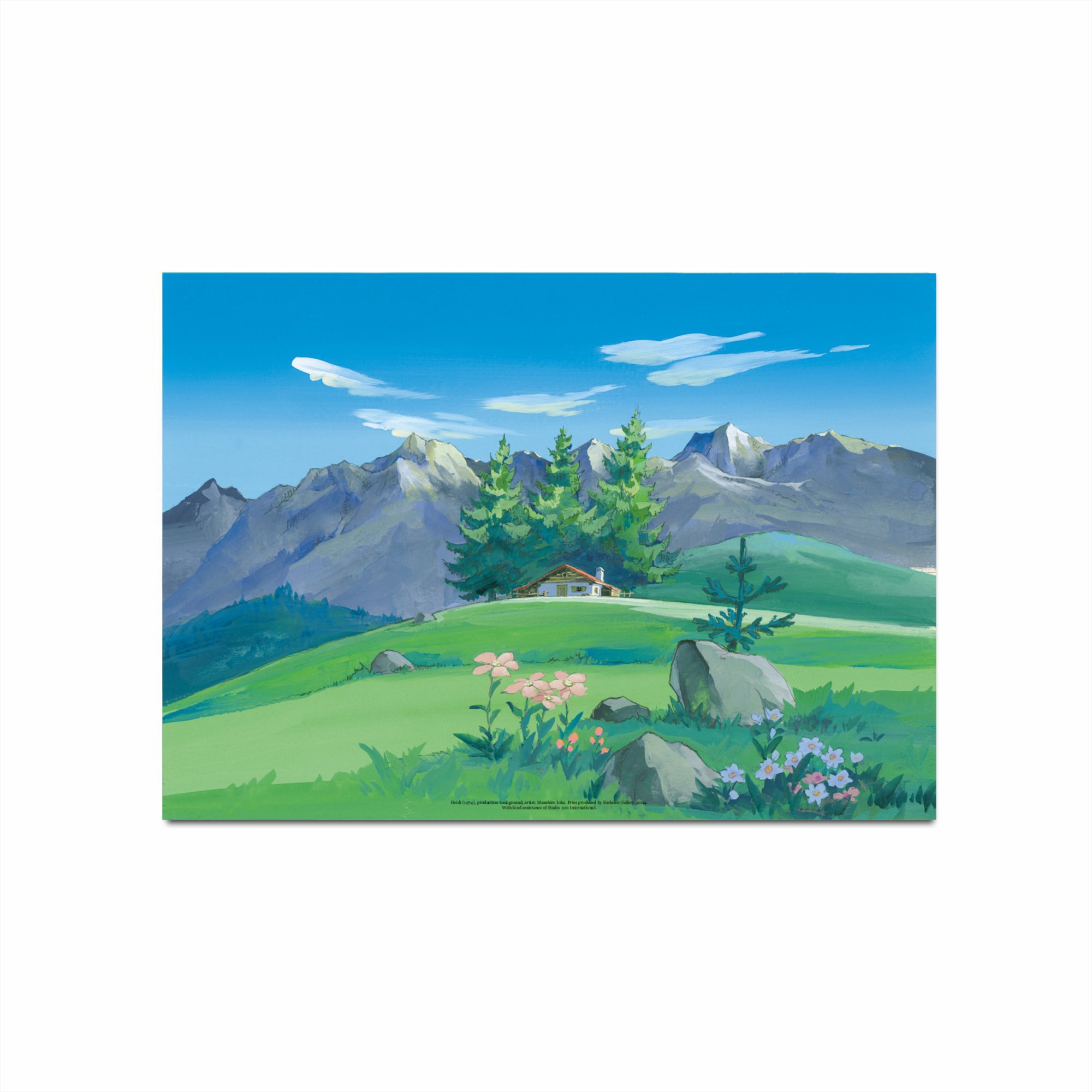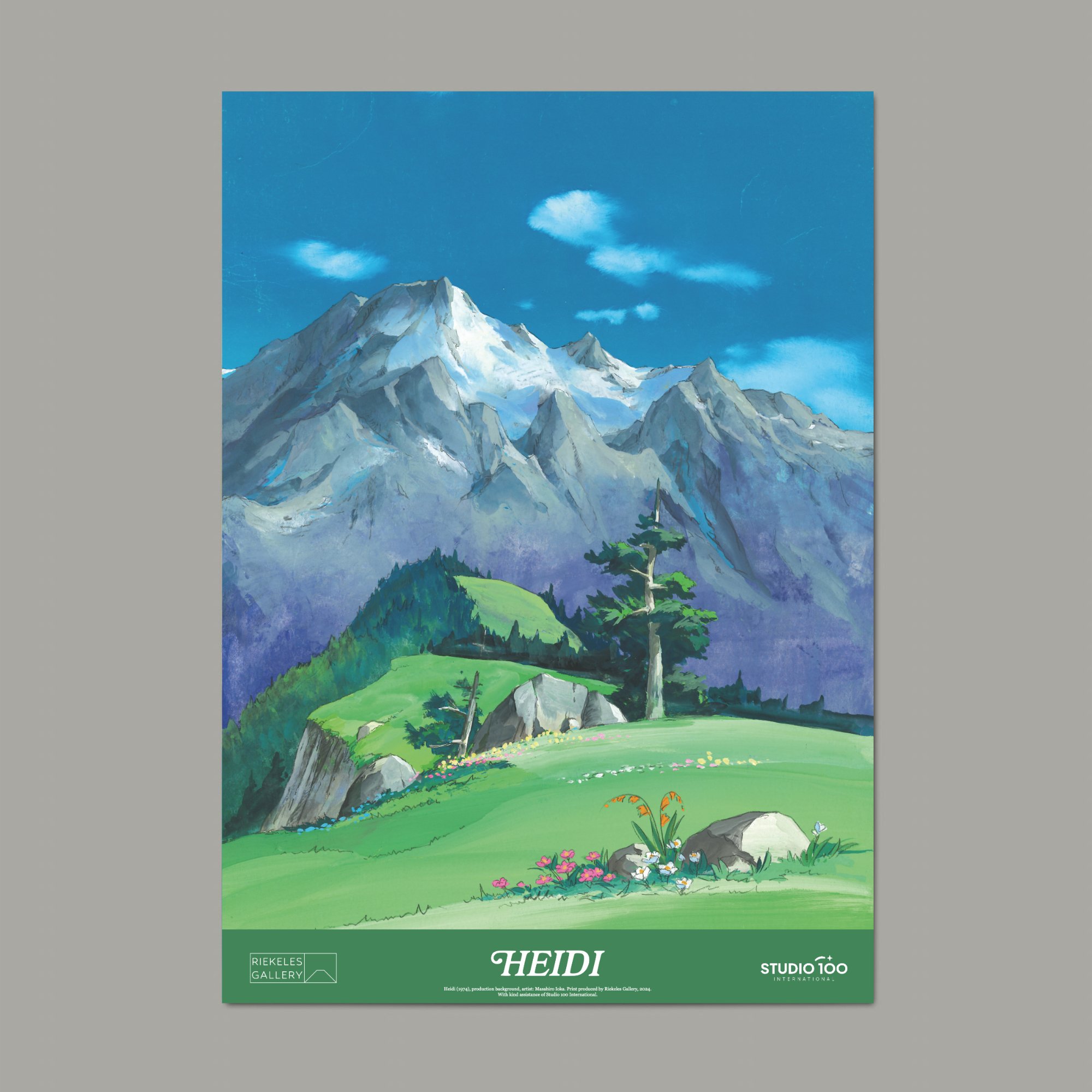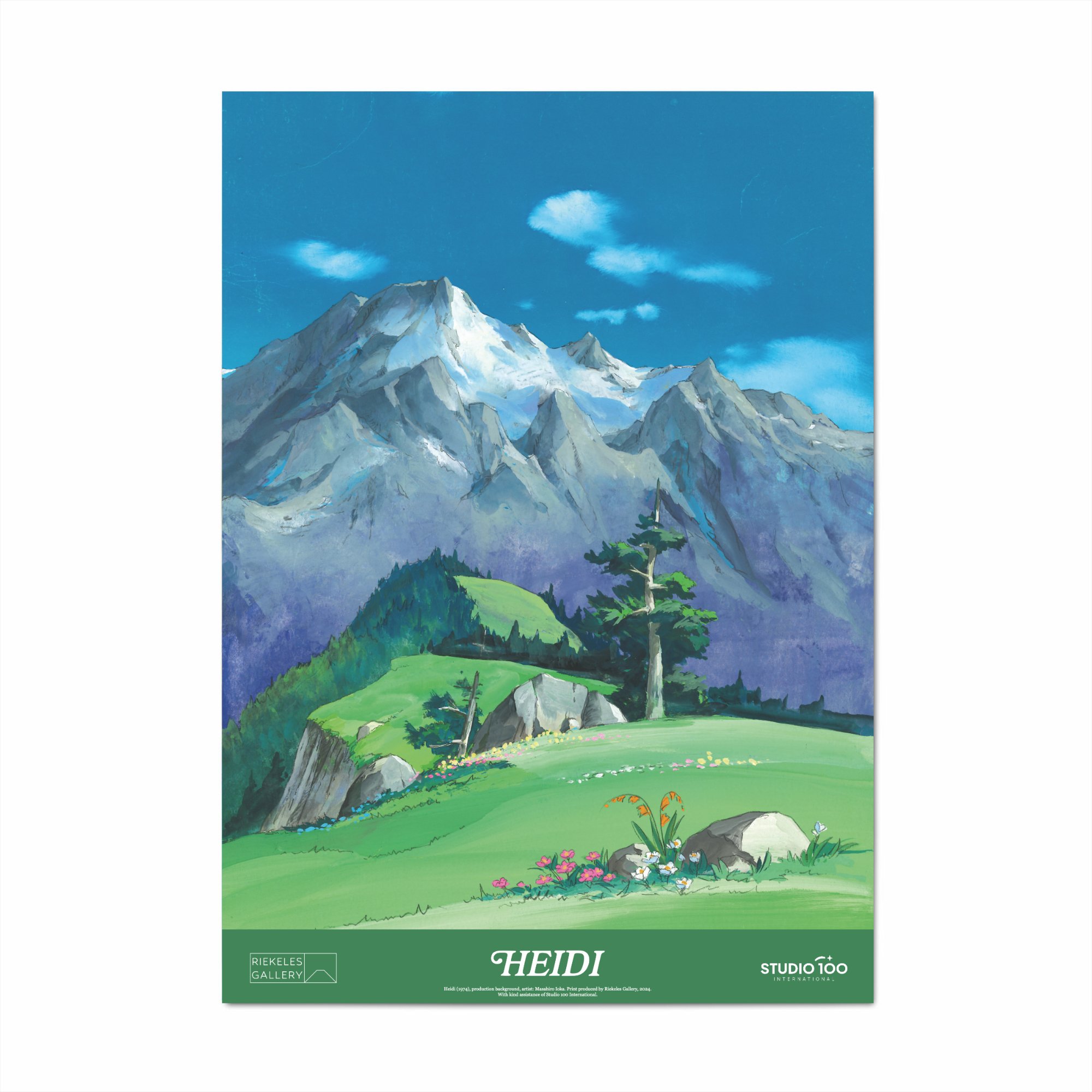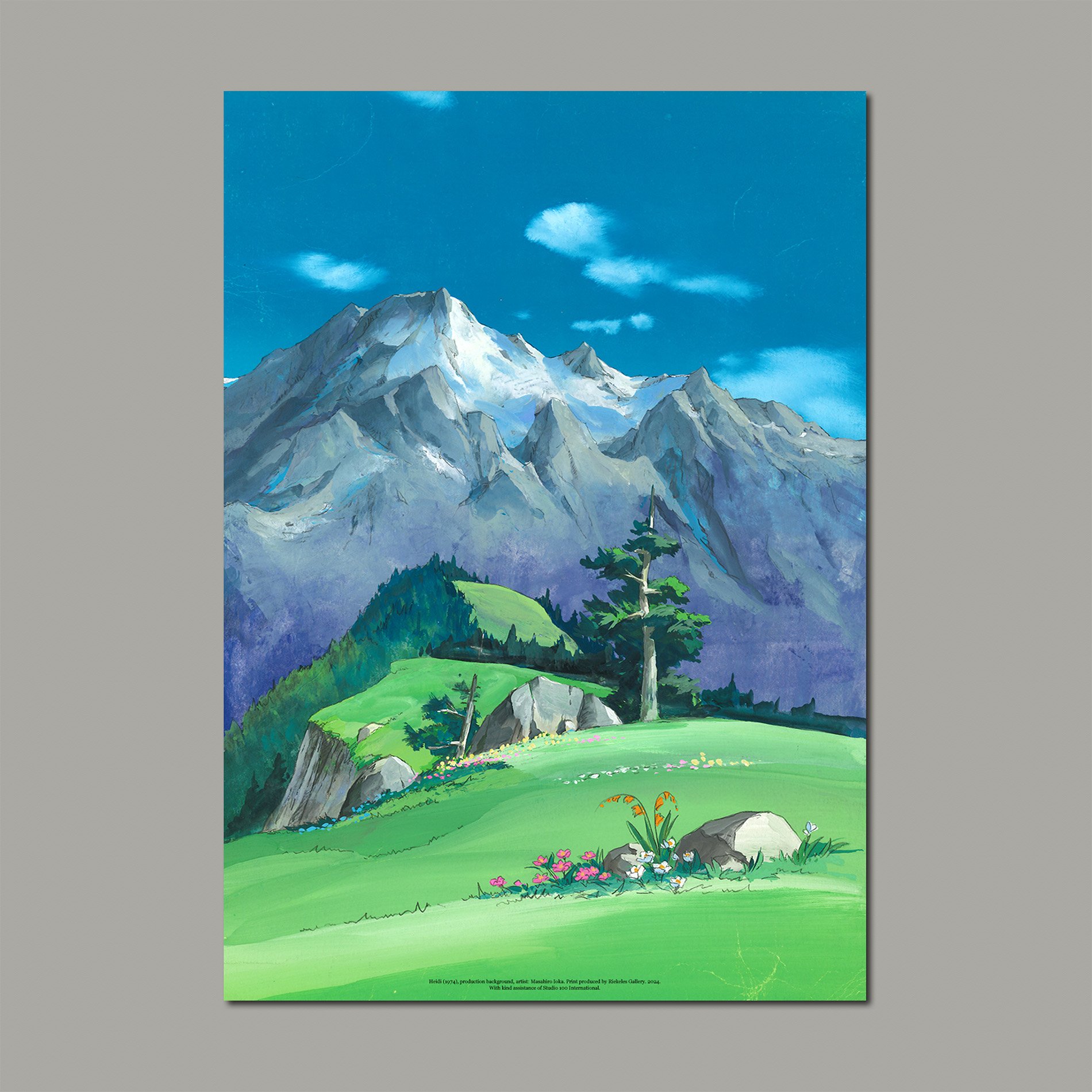The last three images show the poster mounted on a panel. See our blog post for more information on this product option. We also created a guide on how to set up our custom made picture hooks.
In 2021 we offered a high-grade signed edition of the same artwork as our first product ever. Since the edition sold out and many fans had been asking we decided to publish a poster version of this spectacular piece.
The poster comes in the same size of 50 × 70 cm as our AKIRA and Ghost in the Shell posters. The height of the yellow bar at the bottom is consistent with the height of the AKIRA and Ghost in the Shell logo bars to blend in smoothly with your collection.
Based on the manga by legendary Osamu Tezuka, written by Katsuhiro Otomo and directed by Rintaro, Metropolis (engl. title: Robotic Angel) combines traditional, paper-based animation with a digital workflow, employing this duality to express ongoing conflicts between humanity and technological progress. In the futuristic city of Metropolis, humans and robots coexist, but live in well-defined spaces.
The poster presents the establishing shot for Zone -1, the first underground level.
Still image from Metropolis (2001), scene 12, cut no. 7
© 2001 TEZUKA PRODUCTIONS / METROPOLIS COMMITTEE. All rights reserved.
Shuichi Kusamori, the art director, conceived of the higher city – the realm of humans – as a largely rectangular and polygonal world, which could therefore be easily produced with 3D software. The preliminary sketches and layouts for this region were devised by Takashi Watabe, and were drawn with pencil on paper and subsequently worked out digitally. The lower part of the city is the realm of robots, a counter-world to the surface, and is softer and more organic in both its ambience and the quality of its surfaces. Kusamori took charge of these designs himself, executing the final production backgrounds in considerable detail. During this production, Kusamori developed the digital skills that he would later employ to great acclaim on Innocence (personal interview, June 2019).
Metropolis was produced by the founder of the Madhouse animation studio, Masao Maruyama, who also produced films by the talented director Satoshi Kon. It features art by some of the finest artists in Tokyo’s anime industry. The screenplay was written by Katsuhiro Otomo, who has acknowledged his admiration for Tezuka’s work. When Tezuka began writing Metropolis, he had not seen Lang’s movie, but was inspired by a magazine article about the silent classic to imagine what life would be like in a city of the future (Clements & McCarthy 2015, p. 528). This is the main reason why his story is only loosely inspired by Lang’s original film – in many ways, the latter’s influence seems to be stronger in Otomo’s AKIRA (1988) than in this production, despite the fact that the two films have the same title.
The original artwork.











